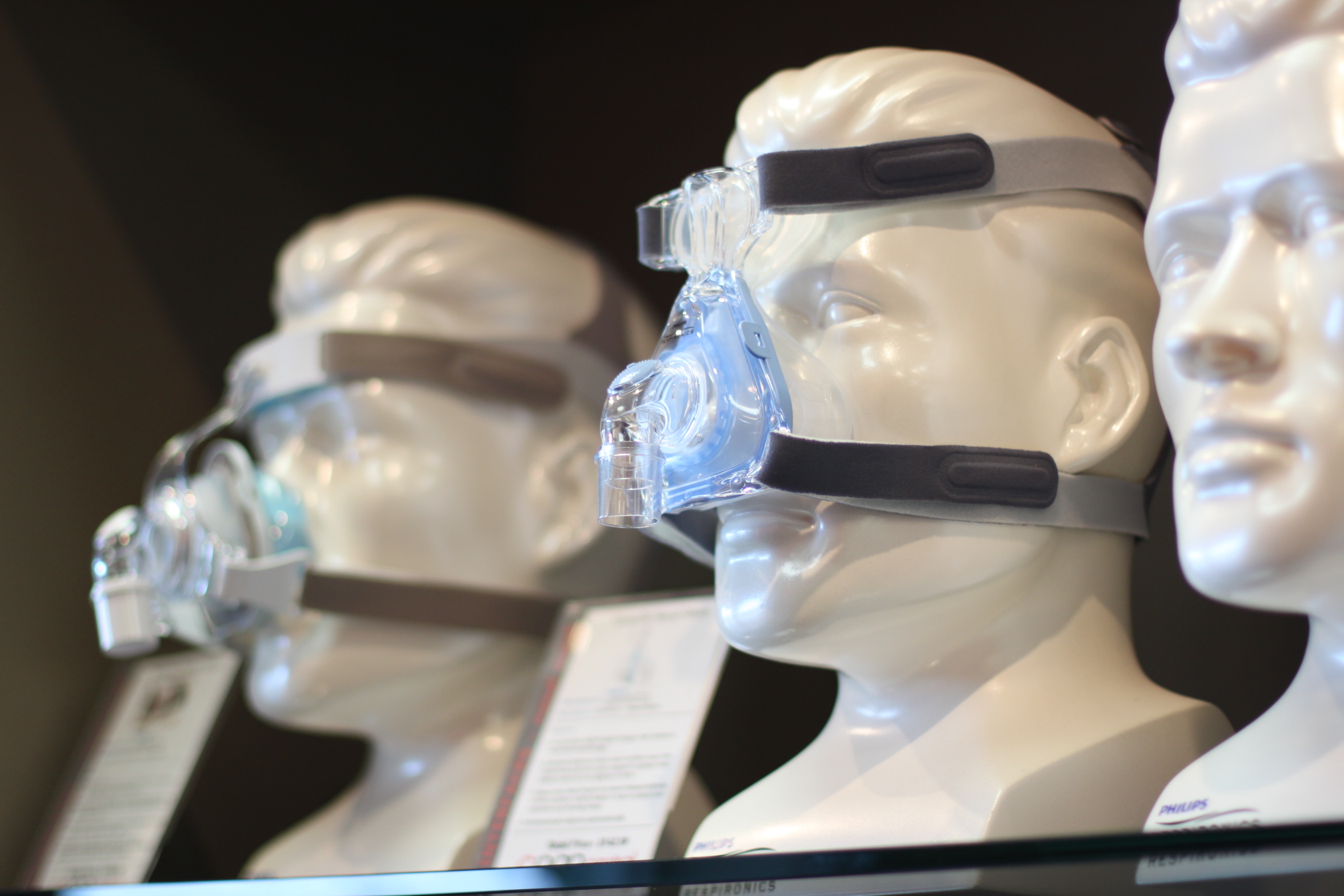Do you usually wake up during your sleep and find yourself tired and moody the next morning? Do you have difficulty concentrating and/or find it hard to recall your memory? Are you constantly tired for no particular reason? If you answered yes to these three questions, you might want to check if you have sleep apnea.
Sleep apnea is a sleeping disorder characterized by disturbed breathing patterns during sleep. There are two types of sleep apnea: obstructive sleep apnea and central sleep apnea. Obstructive sleep apnea is caused by a physical blockage of the upper airway, while central sleep apnea is caused by the inability of the brain to send signals to specific muscles to breathe. Of the two types of sleep apnea, central sleep apnea is less common.
Because central sleep apnea does not target a specific group of people, it can affect people of all ages. However, there are certain risk factors that place certain people at a higher risk for sleep apnea, including being overweight, male, and over the age of 40. Anatomically, having a large neck, tonsils, and/or tongue also contribute to an increased risk for sleep apnea.
Identification and early treatment of central sleep apnea is important because sleep apnea, in general, is associated with serious health problems. People with central sleep apnea are at increased risks for stroke, heart attack, heart failure, high blood pressure, obesity, and diabetes. Moreover, certain health conditions are associated with central sleep apnea. These conditions include kidney failure, hypothyroid disease, brainstem injury from encephalitis or stroke, and much more. If you are aware that you have any of the previously listed conditions, it should be a priority for you to get an early diagnosis! When identifying central sleep apnea, symptoms to look out for include constant tiredness, morning headaches, interruptions in breathing throughout the night, poor memory, difficulty concentrating, and moodiness. If you find yourself having these symptoms, consult a physician right away.
Image Source: courtneyk
The preferred initial treatment of central sleep apnea is continuous positive airway pressure, or CPAP. For CPAP, patients wear a mask over their nose and/or mouth area during sleep so that an air blower can force constant and continuous air through the nostrils and/or mouth, allowing the upper airway tissues to remain functional throughout sleep. Besides CPAP, there are other forms of positive airway pressure devices available for patients with central sleep apnea. Along with treatment, a physician may recommend lifestyle and dietary changes to assist in improving one’s health.
Central sleep apnea is a serious sleep disorder that should be identified and treated right away because it can lead to other health conditions. Thus, be sure to keep an eye out for particular symptoms like morning headaches, especially if you have preexisting health conditions!
Featured Image Source: Rachel Tayse










